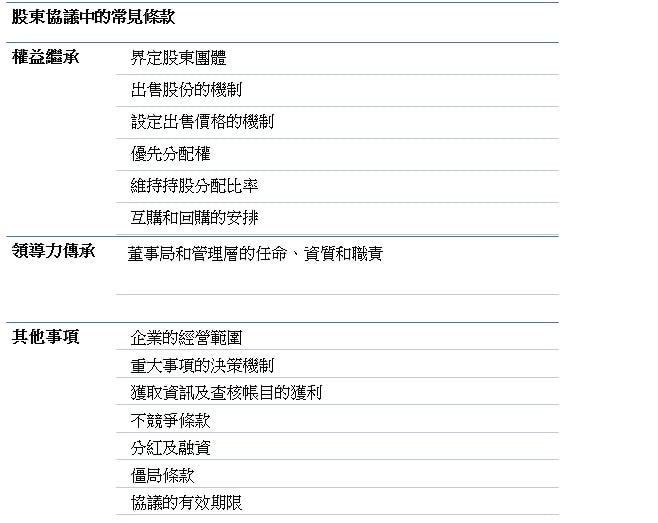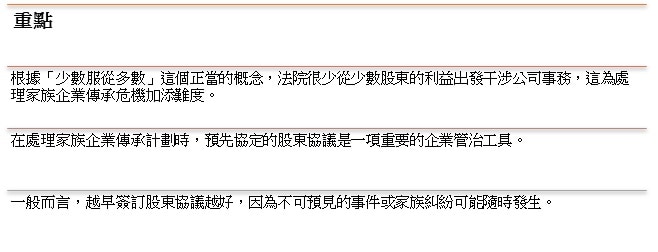Few, if any, would challenge the proposition that the United Kingdom has long been the preferred emigration destination for Hong Kong people due to Hong Kong’s rich British historical and cultural heritage stemming from the 150 years of colonial rule. If you have ever set foot on Hong Kong soil, it is not difficult to gauge Hong Kong’s affinity to the UK, with British influence to date still being pervasive at many levels of the society: from the intangibles such as the common law legal system, to the tangibles such as the landmark architectures or simply the coffee shop at the corner of the street carrying British flair; the shadow of Britain remains omnipresent in Hong Kong. Further reinforcing this British bond, recently, some politicians in the UK have urged the British government to pass laws to recognize BNO passport holders as UK citizens. This may come as good news for those who intend to migrate to the UK due to the citizenship rights they could potentially be afforded, if this effectuates. In this third article of the series, we set our eyes on the pre-migration tax planning with respect to emigration to the United Kingdom. The first two articles, which focus on the United States and Australia respectively, can be accessed via the links (https://oln-law.com/tax-emigration-from-hong-kong-the-importance-of-pre-migration-tax-planning) and (https://oln-law.com/emigration-from-hong-kong-to-australia-the-importance-of-pre-migration-tax-planning-2).
How to become a UK citizen 101
Under UK’s current immigration policy, the usual first step for a foreign person to ultimately obtain the UK citizenship is to obtain a residence visa underpinned by a point-based system from one of the qualifying visa categories, such as: Tier 1 (General), Tier 2 (General), Work permit, Tier 1 (Investor), Tier 1 (Entrepreneur), Ancestry visa etc. In the normal course of events, after five years of residing in the UK (depending on the type of visa) by virtue of holding one of the qualifying visas and having satisfied other requirements such as The Knowledge of Language and Life Requirement for Settlement (KOLL), such person is entitled to apply for Indefinite Leave to Remain (the “IRL”). After the IRL, the person will need to reside in the UK for 12 months before the person may formally apply for UK citizenship.
In addition to the aforementioned, in July 2020, the Secretary of State for the Home Department has announced that the UK will create a bespoke immigration route for British Nationals (Overseas) from Hong Kong (“BN(O)”). This new Hong Kong BN(O) visa policy, when fully implemented, will allow BN(O) holders, upon successful applications, to reside and work or study in the UK, with a pathway to permanent residence and then citizenship. The visa will be valid for up to 5 years (subject to immigration control), and thereafter, provided that the visa holders have stayed free of criminality, have supported themselves financially and otherwise complied with the terms of the visa, they will be able to apply for settled status; and they may apply for UK citizenship after a further year of stay.
Effect of Bilateral Double Taxation Treaty between Hong Kong and the UK on Income Tax
Unlike the United States and Australia, the UK does have a bilateral agreement with Hong Kong preventing double taxation on residents of one or both jurisdictions (the “DTA”). In essence, apart from the introduction of the more favourable tax rates, DTA operates to set the boundaries on how and which region would charge the tax for different types of income. For example, DTA would set out which region has the taxing rights over an individual or entity, and, if such rights clash, which country shall take precedence. DTA may also exempt some income or gains from tax or allow a set-off against tax payable in the other. In short, DTA is very beneficial for Hong Kong residents who are doing business in the UK or vice versa.
The following table provides a comparison of the tax rates between non-treaty rate and UK-HK treaty rate to illustrate the benefits under the DTA:
| Dividend | Interest | Royalties | |
| UK Non-treaty Rate | 0/20% | 20% | 20% |
| UK-HK Treaty Rate | 0/15% | 0% | 0% |
Take withholding tax on dividends as an example, as shown in the table, 20% withholding tax would be applied to dividends paid to non-UK residents by UK Real Estate Investment Trusts (REITs). Under the DTA, this rate is reduced to 15%. For tax benefits in respect of income from employment, generally speaking, income generated in the UK by a Hong Kong resident in the course of his Hong Kong employment will be exempt from tax to the UK government provided that the resident is present in the UK for less than 183 days during the taxation year.
Pre-migration Tax Planning with trust
Generally speaking, non-residents only pay tax on UK source income. For a Hong Kong resident who wishes to migrate to the UK and would like to set-up a trust in Hong Kong (which again is a very effective tax tool) before arrival to structure his wealth and to avoid UK income tax, there are a number of ways to set up and run the trust. First, the trust must be managed and controlled in Hong Kong, i.e., outside of the UK. This is because the trustee may be treated as resident only in the “place of effective management” under the DTA, and therefore it would be subject to HK rather than UK income tax. Secondly, the trust income must be Hong Kong sourced because UK sourced income of non-resident trusts with UK resident beneficiaries is taxable by the UK at the UK trust rates. This can be achieved, for instance, by holding UK investments through a Hong Kong offshore holding company under the trust. The effect of this is that the income received by the trust would be treated as foreign-source dividends paid by the company. Thirdly, the trust must be a discretionary trust otherwise income of the trust would be deemed as income of the beneficiary who is a UK resident and whose interest in trust is fixed.
Conclusion
As is evident from the above, migrants from Hong Kong to the UK can be subject to different tax treatments depending on how their wealth is structured. For those who are interested to use the trust vehicle to structure wealth and assets, it is important to bear in mind the tax consequences flowing from different set-ups of the trust. Great tax benefits can be achieved provided that the trust is set up correctly and effectively. Further, it should be noted that the UK tax laws have gone through drastic changes over the past 2 to 3 years. As such, it is advisable to revisit any such structure to avoid being unintentionally caught by the new tax laws and regulations.
OLN provides a range of tax advisory services in the migration context. If you have any questions on the above, please contact one of the members of our Tax Advisory Team.
Disclaimer: This article is for reference only. Nothing herein shall be construed as UK or Hong Kong legal advice or any legal advice for that matter to any person. Oldham, Li & Nie shall not be held liable for any loss and/or damage incurred by any person acting as a result of the materials contained in this article.
 Suite 503, 5/F, St. George's Building, 2 Ice House Street, Central, Hong Kong
Suite 503, 5/F, St. George's Building, 2 Ice House Street, Central, Hong Kong +852 2868 0696
+852 2868 0696









